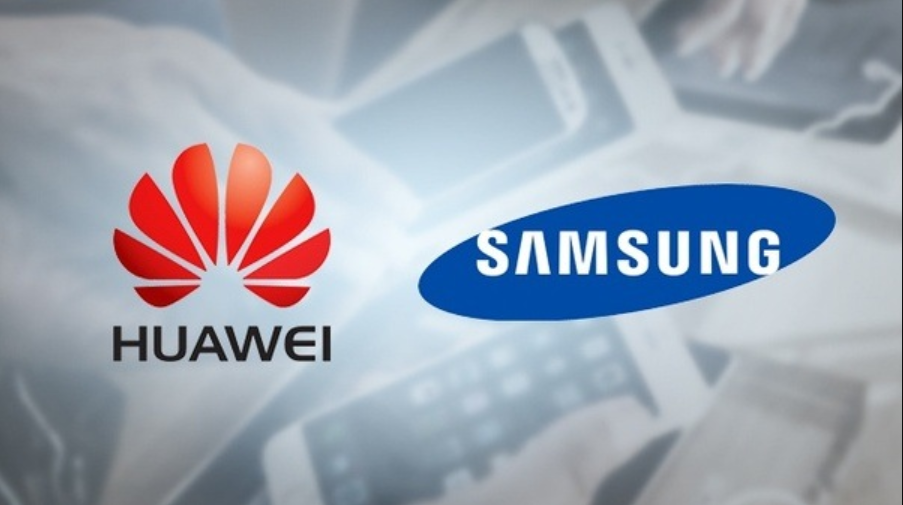로이터가 전한 소식이다.
삼성전자는 5G 출시가 전세계적으로 확대되고 중국의 화웨이 테크놀로지가 중국 내 시장에 집중하면서 네트워크 장비 사업에서 성장 모멘텀을 유지하기 위해 유럽 투자를 진행한다고 삼성측 관계자는 전했다.
시장 조사회사인 Dell’ Oro Group에 따르면 삼성전자는 현재 메모리칩 분야와 스마트폰 시장에서 세계 1위를 지키고 있으나, 5G 네트워크 장비분야에서는 화웨이(Huawei), 에릭슨(Ericsson), 노키아(Nokia), ZTE에 이어 5위를 차지하며 2021년 1분기 시장 점유율은 10~15%에 그쳤다.

그러나 김우준 삼성전자 부사장은 로이터 통신과의 인터뷰에서 작년 9월 미국 통신사 버라이즌과 66억 달러 계약, 올해 3월 일본 NTT 도코모와 계약 체결을 진행하며 삼성전자의 ‘기세가 달려졌다’고 말했다. 부사장은 삼성이 유럽 외에도 인도, 호주 및 동남아시아와 같은 시장에서의 사업 확장도 모색하고 있다고 덧붙였다.
현재 삼성의 5G 네트워크 장비 사업은 삼성의 2020년 매출(236.8조 원)에 비해 규모가 매우 작은 것으로 알려졌다. 해당 사업에 대한 별도 수치는 밝혀진 바가 없으며 대부분의 분석가들 역시 유의미한 사업액이 아닐 것으로 추정하고 있다.
다만, 삼성은 2019년 다양한 국가에서 5G 네트워크 출시가 시작된 이래 5G 장비 및 시스템의 신규 고객 수가 연 평균 35% 증가했다고 밝혔다.
이러한 5G 신규 고객 수의 확장 외에도 미국은 동맹국들에게 5G 시스템에서 화웨이를 배제하라는 압력을 가하는 점도 삼성에게는 기회로 다가오고 있다.
삼성은 가상 RAN (무선 액세스 네트워크) 기술 또는 통신회사와의 다양한 조합으로 기성 네트워크 장비를 자유롭게 사용하여 사용자를 네트워크에 연결하고 비용 절감 및 유연성 제공 가능한 소프트웨어를 앞세워 선전하고 있다.

미국 내 가장 큰 무선 전기 통신 네트워크인 버라이즌 와이어리스(Verizon)는 5G RAN에만 가상 RAN 기술을 채택한 반면, 한국은 현재 모든 사업자의 5G 핵심 네트워크가 가상화되어 있다.
Dell’ Oro Group의 발표에 따르면 현재 삼성은 네트워크 장비시장에서 현 7위 수준에 머물러있으나 3위까지로 올라갈 계획을 세웠다고 삼성전자 김우준 부사장은 밝혔다고 한다. 다만, 그는 “Verzion과 계약을 성사시키는데 약 10년이 걸렸다. 모든 사업에는 끈기가 필요하다”고 말하며 구체적인 목표도달 시기는 밝히지 않았다.
Samsung Electronics is banking on Europe to maintain growth momentum in its network equipment business, a senior executive said, as 5G rollout widens and industry leader Huawei Technologies of China focuses on its domestic market.
Although the South Korean tech company is global No. 1 in memory chips and smartphones, in 5G network equipment it ranks fifth behind Huawei, Ericsson, Nokia and ZTE, with a 10-15% market share in the first quarter of 2021, according to market research firm Dell’Oro Group.
But as Samsung landed a $6.6 billion deal with U.S. telecoms company Verizon in September, followed by a deal with Japan’s NTT Docomo in March, “impressions have changed”, Woojune Kim, executive vice president of Samsung’s networks business, told Reuters in an interview on Friday.
Samsung is currently conducting 5G trials with European telecom companies such as Deutsche Telekom in the Czech Republic, Play Communications in Poland and another major European firm, Kim said.
Besides Europe, Samsung is also looking to expand in markets such as India, Australia and Southeast Asia, he added.
The network equipment business is small currently for Samsung, which had a revenue of 236.8 trillion won ($212.50 billion) for 2020. It does not announce separate numbers for the business and most analysts don’t have estimates for it.
Samsung said since the 5G network rollouts began in 2019 in various countries, it has seen the number of new clients for its 5G equipments and systems rise by 35% a year on average.
In addition to 5G rollouts, U.S. pressure on its allies to exclude Huawei from 5G systems has provided opportunities for its competitors to expand market share.
Samsung is touting its virtualised RAN (radio access network) technology, or software that allows telecom companies to freely use off-the-shelf network equipment in various combinations to connect users to networks, saving costs and providing flexibility.
Verizon has adopted this technology for 5G RAN, while in South Korea, all operators’ 5G core networks are virtualised, Samsung said, with the country’s very heavy use of online services like e-commerce and food delivery compared to population size serving as a benchmark.
Samsung’s goal is to become top-three in the network equipment business, Kim said, from seventh now in the total telecom equipment market according to Dell’Oro. However, Kim did not give a timeframe, citing the industry’s long incubation time.
“It took us about a decade to win the Verizon deal, since forming early relationships… It takes persistence,” he said.
![]()




![[Tech/Biz Trend] 반도체? 웃기지 마. 이젠 돈으로 사겠어](https://mobiinsidecontent.s3.ap-northeast-2.amazonaws.com/kr/wp-content/uploads/2024/04/25133351/%EB%8B%A4%EC%9A%B4%EB%A1%9C%EB%93%9C-8-218x150.png)
![[IT 트렌드 바로읽기] 온디바이스 AI시대](https://mobiinsidecontent.s3.ap-northeast-2.amazonaws.com/kr/wp-content/uploads/2024/04/18120031/CK_ti436a46511_l-218x150.jpg)
![[새로운 미래를 보는 IT] 새로운 디지털 패러다임의 통신3사](https://mobiinsidecontent.s3.ap-northeast-2.amazonaws.com/kr/wp-content/uploads/2023/11/15145727/GettyImages-1474988558-218x150.jpg)